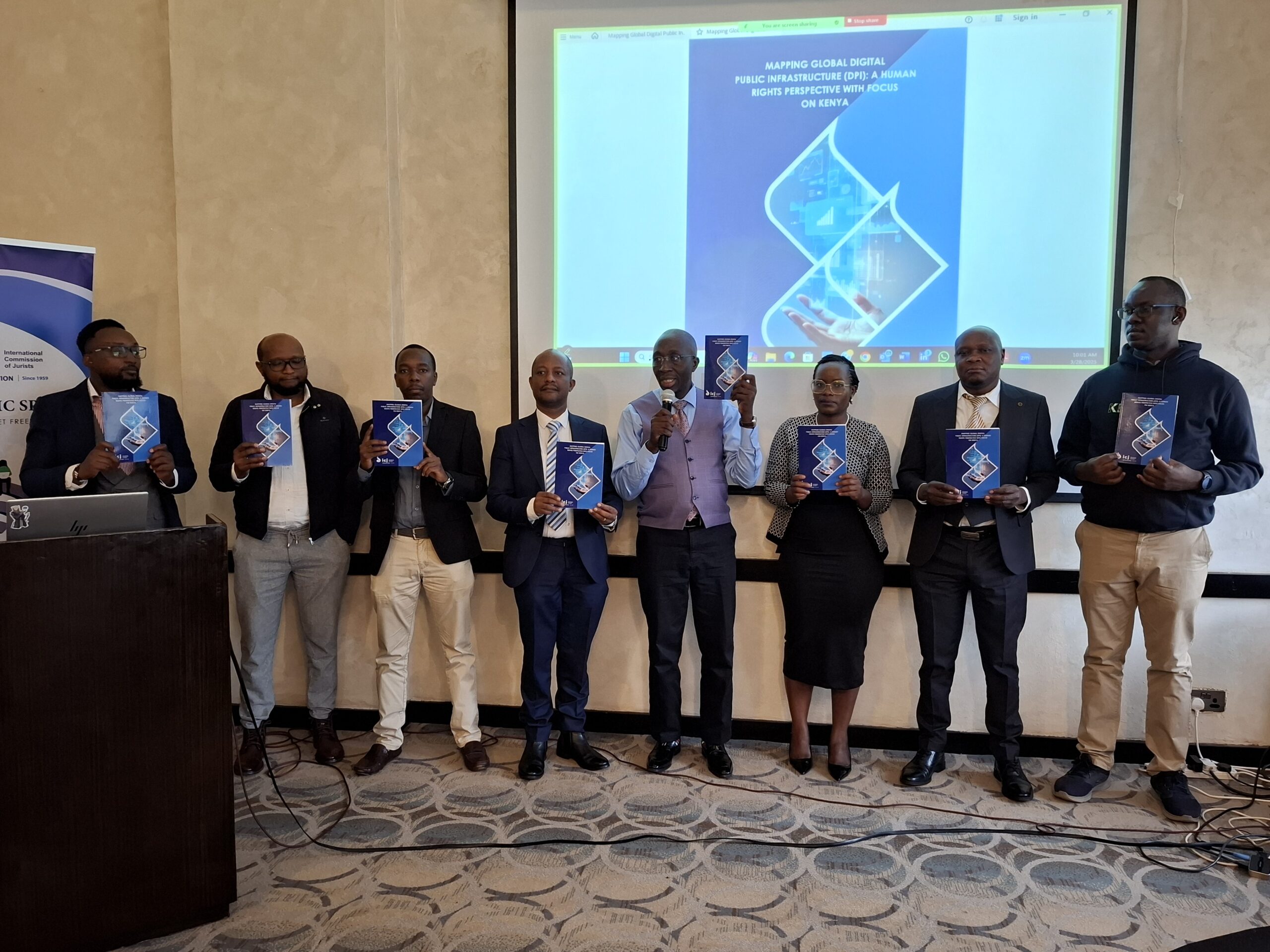NAIROBI,Kenya – As the High Court prepares to hear the judicial review application on February 4, 2025, concerning Worldcoin’s operations in Kenya, public attention is firmly fixed on the case.
This legal battle is not just about compliance with the law it is a critical test of how Kenya safeguards fundamental human rights in the digital age.
The Worldcoin controversy began when public and governmental concerns about the company’s activities led to intensified scrutiny of its collection and processing of biometric data.
Following these concerns, the Kenyan government suspended Worldcoin’s activities and launched investigations into its compliance with the Data Protection Act, 2019.
Among the key issues raised were the absence of a comprehensive Data Protection Impact Assessment, the lack of a registered data controller or processor to oversee the operations, and whether the consent obtained from individuals was truly informed or influenced by monetary incentives in the form of cryptocurrency.
At its core, this case is about much more than regulatory compliance it is a human rights issue. The right to privacy, guaranteed under Article 31 of the Constitution, stands at the forefront.
Biometric data, such as iris scans and fingerprints, is among the most sensitive forms of personal information. Mishandling this data not only poses risks of misuse but also leaves individuals vulnerable to identity theft, exploitation, and broader digital harm.
The court’s determination will not only address whether the relevant legal frameworks were followed but also set a crucial precedent for how such rights are protected in Kenya’s digital future.
The judicial review provides an opportunity to hold public authorities accountable for their duty to protect citizens from potential violations of their rights.
Questions must be answered about whether sufficient oversight mechanisms were in place, whether regulatory gaps facilitated possible breaches, and whether citizens’ privacy rights were sufficiently prioritized.
Importantly, this case calls for the court to evaluate whether the Office of the Data Protection Commissioner met its obligations under the Data Protection Act, 2019, to ensure that companies like Worldcoin adhere to Kenya’s legal standards.
This case also carries significant implications for Kenya’s position on global issues surrounding digital rights and data governance.
Across the world, the debate over the collection and use of personal data by technology companies has highlighted the need for stricter regulations to prevent exploitation.
By taking a firm stance on these issues, Kenya has an opportunity to emerge as a leader in setting ethical and legal standards in this domain, ensuring that innovation does not come at the cost of human dignity.
As the court considers this matter, it is vital to recognize the broader societal stakes involved. The decisions made in this case will have far-reaching consequences, not just for Worldcoin but for all companies operating in Kenya’s rapidly growing digital economy.
At the same time, the judiciary’s approach will signal to the public the strength of Kenya’s commitment to upholding human rights and the rule of law in the face of technological advancements.
With the February 4 hearing fast approaching, it is crucial for citizens, civil society, and the media to remain engaged and vigilant. This is not just a legal issue but a defining moment for the country’s digital rights landscape.
The High Court has the responsibility to weigh the arguments presented with the seriousness they deserve and to reaffirm that in Kenya, human rights are non-negotiable even in the face of innovation.
The call is clear that the High Court must approach this case as a human rights issue of national and global importance. Only through decisive action can Kenya ensure a future where technological progress and human dignity go hand in hand.
The author, Charles Jaika is a lawyer working at the International Commission of Jurists, Kenya (ICJ Kenya). This article was first published on Citizen Digital.











